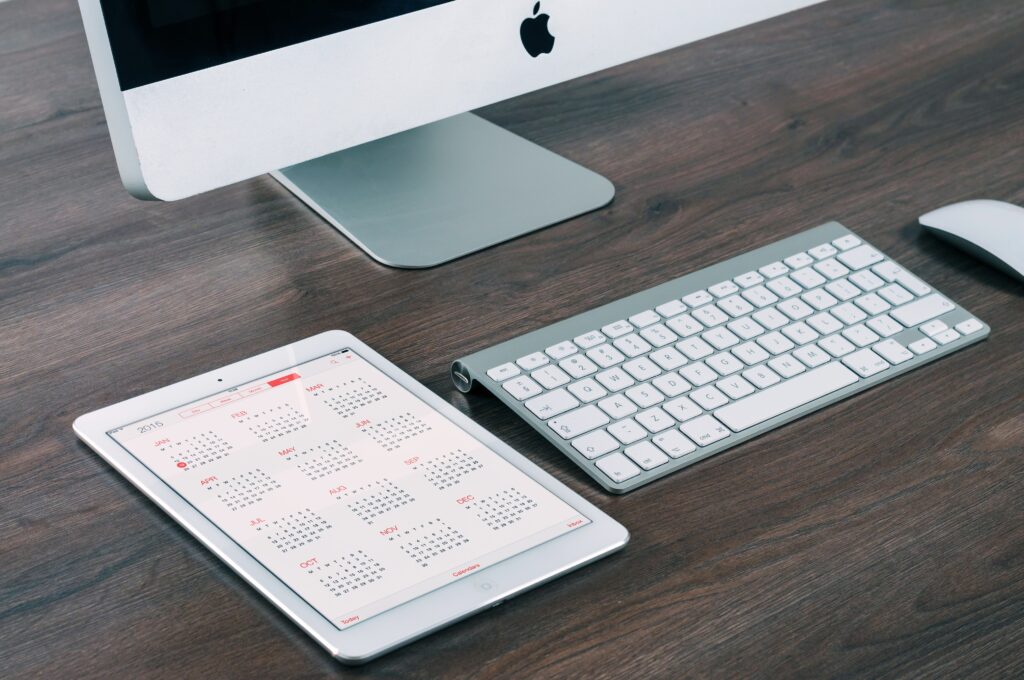It’s no esoteric truth that we are living in a world where our every click, like and share can be traced. Protecting your privacy online has become even more important than it ever was before. It’s like all the hackers and advertisers are all out there trying to get a hold or at least a peek of your personal data.
So, how do you keep your information safe without feeling like you’re navigating a digital minefield? We have got just the online privacy guide for you! Grab a cup of coffee, relax and let talk about 11 essential tips that will answer the burning question for you: How to protect my internet privacy?
Let’s start with the obvious but often overlooked, your passwords. Your passwords are a gatekeeper of your online presence. A weak one? Well, that’s like leaving the door wide open with a welcome mat for hackers. Use long, complex passwords with a mix of letters, numbers, and symbols. And no “password123” won’t cut it.
Better yet, you can always use a password manager to generate and store unique passwords for every site. This way, even if your account gets compromised, the others remain safe and sound.
Two-Factor authentication (2FA) may sound fancy and feels like it may be something hard to understand, but trust me, it’s worth it once you get to know it. This is what keeps your front door locked with a deadbolt for extra security measures.
If someone even tries to get their grubby hands on your password, they still would need a second form of verification to access your account. Setting up a 2FA is a definite winner in the online privacy guide.
You’ve probably received suspicious emails at some point claiming you’ve won million dollars or a Nigerian prince needs your help. Sorry to break it to you, but that’s likely a scam! Phishing attacks are attempts to trick you into revealing personal information. These can come to you via email, text or even fake websites.
Do not click on random links or provide your personal details unless you’re sure about the source. When in doubt, throw it out! Always be aware of such scams.
Did you ever wonder if your neighbor might be piggybacking on your wifi? It’s not always a bandwidth issue, an unsecured wifi can make your data vulnerable to cyberattacks.
To stop this from happening, a strong password is needed along with a WPA3 encryption (if available) to keep things at bay. If you use your devices at a cafe or any public area connected to a public wifi, avoid accessing sensitive accounts unless you’re using a VPN (more on that in a bit!).
If you’re serious about how to protect my internet privacy, securing your wifi should be your top priority.
Here we go! VPNs are the invisibility cloaks of the internet world. They mask your IP address and encrypt your data, making it much harder for third parties to track you online. Whether you’re using a public wifi or just want to keep your browsing habit to yourself, VPN is a smart move for a checkmate.
Plus, VPNs can also help you bypass region restrictions on streaming platforms. VPN might just be your best buddy in this online privacy guide.
We get it, those pesky update reminders always tend to pop up at the worst possible time. But unfortunately you can not ignore them, you would just be leaving the back door of your digital house unlocked.
Software updates usually include critical security patches that protect your devices from all the cyber threats. Set your device to update automatically and you are good to go!
Oversharing on social media is like a goldmine for cybercriminals. To you it may just seem like you are sharing aesthetic photos of you vacationing at Miami beach, while at the same time you would also be handing out invitations for burglars to swing by while you are gone. Not to mention, sharing way too much info can make you a target for identity theft.
Check your privacy settings on social media platforms and limit who can see your posts. Always remember, the internet never forgets, so think twice before sharing any sort of personal information. Less is often more when it comes to sharing online.
Have you ever downloaded an app and been asked for permission to access your camera, microphone, or contacts, even though the app has nothing to do with these features. Yeah, that’s a red flag! Some apps collect unnecessary data that could end up in the wrong hands.
Go through your device setting and turn off any permissions that are not necessary for an app to function. It’s a simple step, but it goes a long way when it comes to protecting your online privacy.
Cookies may be sweet in real life, but in the digital world, they are little tracking devices that websites use to monitor your preferences. Those pesky cookies! No doubt, it does enhance your browsing experience, but they also pose a privacy risk.
It’s best to clear your browser history, cookies and cache on a regular basis. This helps reduce the amount of information the websites can store about you. It can even stop that annoying targeted ad from following you around for weeks after you just looked at one pair of shoes! This small action is overlooked in many online privacy guides but is a definite way to keep things to yourself only.
Browser extensions can be incredibly useful, until of course they aren’t. Some extensions might collect your browsing data or even install malware on your device. Always download extensions from trusted sources only, and always go through reviews before you download.
If you no longer use an extension, just remove it and move on.
Didn’t we all end up in a situation where we needed to hop on a public computer like in a library, a cafe or the airport? Well, most of us have. But before you log into sensitive accounts on a shared device, think twice. Public computers can be compromised with malware or keyloggers hence putting your information at risk.
If you must use a public device, do not do it to access your banking accounts or any other sensitive information. And most importantly, DO NOT FORGET TO LOG OUT OF EVERYTHING.
The internet is an amazing place but it’s not without its risks. The key to online safety is being proactive rather than reactive. Follow these 11 essential tips on how to protect my internet privacy, and you’re all set without any worries.
At the end of the day, it’s not just about keeping the hackers away, it also about giving yourself a piece of mind that comes with knowing you’re in control of your digital footprint.

I'm incredibly satisfied with WaveNet. Their connection has been consistently reliable, with excellent speeds, and their customer support team has been prompt and helpful whenever I've needed assistance. I highly recommend their service
